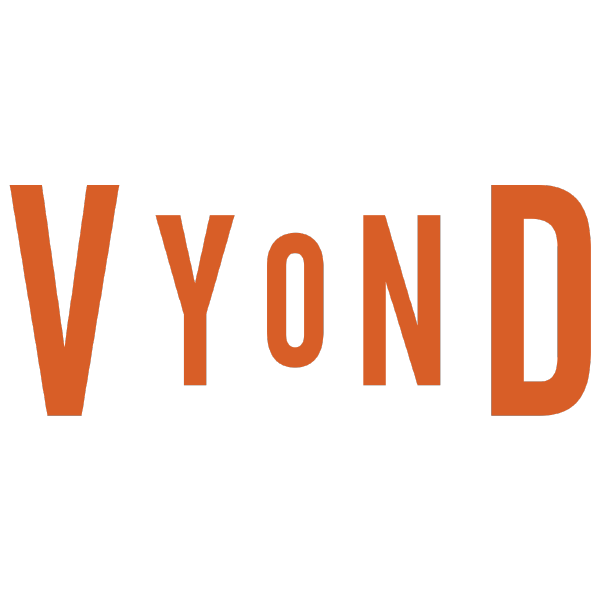ATD Blog
5 Things Acting School Taught Me About Learning
Thu Jul 08 2021

As a marketer, I specialize in empowering learning through engaging storytelling. That’s how I wound up at Vyond, an online animation studio for creating captivating content.
In my work at Vyond, I get to speak to instructional designers and training experts daily about creating engaging learning experiences. It’s a fun way for me to continue my family’s teaching without losing my long-running bet that I would never become a classroom teacher. (Did I mention I have nine in my family?)
While I’ve gleaned a lot about learning from family and the Vyond community, much of what I know came from an unconventional source.
Enter acting school.
I earned my undergraduate degree from the University of California, Los Angeles, where I specialized in acting and musical theater and spent four intensive years perfecting the art of performance. During that time, I sat through countless theater history lectures, voice lessons, dance classes, and speech training.
I walked away from theater school sore, hoarse, and tired. But more than that, I walked away with a renewed sense of how to reach audiences and deliver meaningful experiences.
Here are five of the biggest themes acting school taught me about everyday learning:
The Role of Empathy
During hundreds of hours of acting classes, my professors hammered one thing home: the most important tool in any actor’s toolbox is empathy. Empathy is what allows you to analyze and understand your characters well enough to portray them as living, breathing, multidimensional beings. For audiences, empathy is the conduit through which they connect to your performance.
The best learning experiences employ empathy as a central way to engage learners. That’s why so many instructional designers reach for Vyond to create rich media and training videos. Communicating empathetically through story and character is the best way to evoke emotion.
The Role of Fun
It’s one thing to create a story that audiences can empathize with, but to keep them engaged throughout, you need to make it fun. In acting school, we learned all sorts of devices that the entertainment industry uses to retain attention, from dance numbers to pratt falls.
Humor is equally important in an instructional setting. That’s why we listed it as one of our 25 essential tips for creating engaging training videos. While education doesn’t need to feel like a comedy festival, creating an environment that is delightful, pleasant, and continually rewarding is table stakes for engaging audiences today.
The Role of Self
Actors must constantly work to bring themselves to every character to make it a believable, authentic performance.
To evoke empathy and engage learners, instructors and participants need to get comfortable with using themselves as an instrument. By bringing personal experiences with the subject matter to the fore, you can more effectively synthesize the learnings.
The Role of Power
I attended acting school as part of a four-year university, and my cohort of 20 classmates were all young people in their late teens or early twenties with a flair for the dramatic arts. When you put hopeful actors in a room with esteemed professors and accomplished artists, power inevitably walks into the room.
When creating a learning experience, it’s a good exercise to consider what social dynamics could intercede. When learners answer your questions or engage with an activity, are they doing so for approval or validation? Neither of those motivators is inherently bad, but we have an obligation to consider how that kind of inequitable environment fundamentally shifts the unwritten rules of engagement for learners.
The Role of Self-Care
Acting is extremely demanding, both physically and mentally. For every technical skill we were taught, we learned instructions for how to do it sustainably, healthily, and safely.
The same considerations are too often neglected for knowledge workers, but as I mentioned before, the self is an important instrument for delivering impactful learning experiences. Take care of that instrument before you hit the stage.
More from ATD

